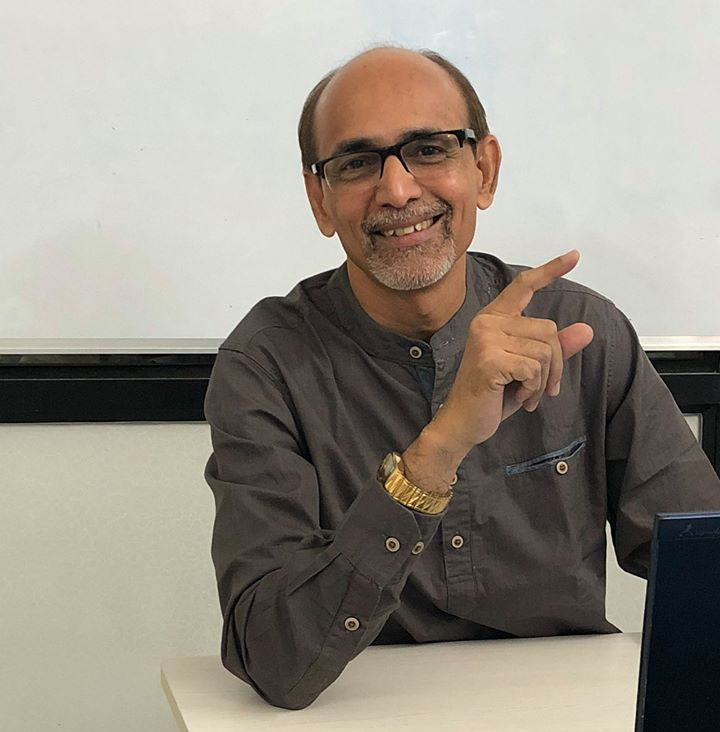Why? Why are you reading this? Because you find the topic interesting, or perhaps you are curious to know why someone writes on such an obvious topic. Or perhaps you know meand you believe that I usually talk and write sensibly. In any case, there’s a purpose behind everything you do. Similarly, when you attend a talk or a lecture, you must have a clear purpose in mind. And that purpose, to my mind, should be to a) learn how the speaker or presenter has understood and presented the main subject, topic or ideas, and b) form, confirm or modify your thoughts and opinions about the topic.
Now that the purpose is clear, the second step is preparation. It is advisable to prepare well for the topic (as if you are going to be the speaker). Why? So that you get maximum out of your listening experience. However, while preparing, do not form rigid ideas about the topic. Any preconceived notions about the topic will hinder your ability to take in and process the speaker’s views. Remember, your mind, like a parachute, works best when it is open.

Remember your role as a listener throughout the speech. You might have a strong inner urge to chip in with your comments; you might feel that you have a better idea and you must guide the speaker or the audience; you might consider it your duty to help the world around you with your knowledge… but, hang on a minute. Resist the temptation. There are bound to be many like you in the audience. Imagine what will happen if everyone started throwing in their two cents’ worth!
Moreover, accept whole-heartedly that the speaker is almost always likely to have looked at the subject from all angles; s/he is likely to be more prepared than you for that topic; and that’s why s/he is invited to speak and you are in the audience.
Last but not least, when you get a chance to make a comment or to ask a question, speak to the point—don’t start a mini-lecture. Nothing is worse for the audience to listen to a lengthy speech by a member of the audience irrespective of the quality of the content. If you like, you can interact with the speaker after the programme if s/he permits; and also, of course, if the organisers allow). The best is to communicate with the speaker via electronic means after a day or two when you have actually digested everything that you have heard, referred to the reference material and solidified your own position.
To sum up, when you are a listener, do please *listen*.
Happy Listening, Happy Learning!
–Dharmendra Sheth


